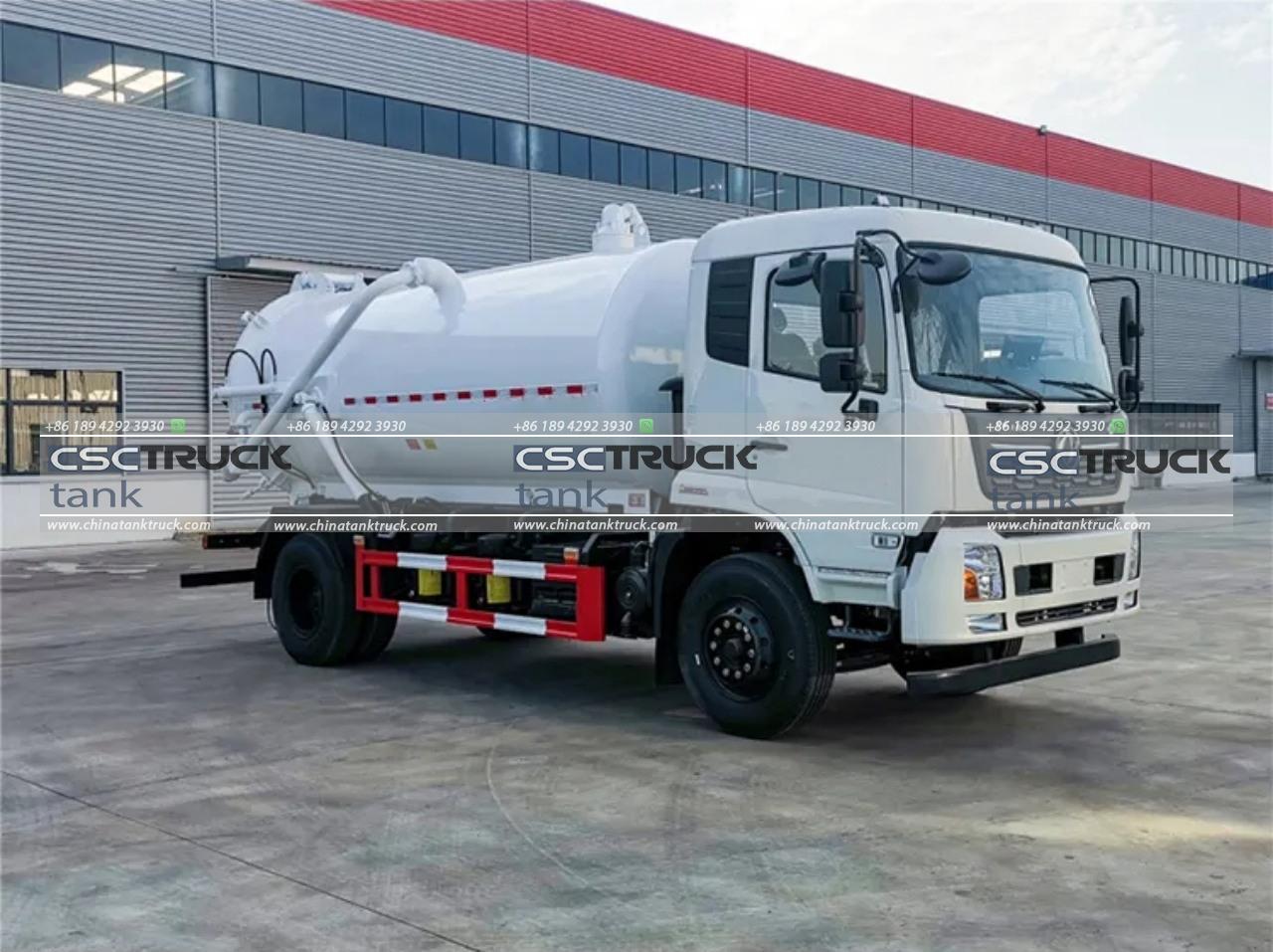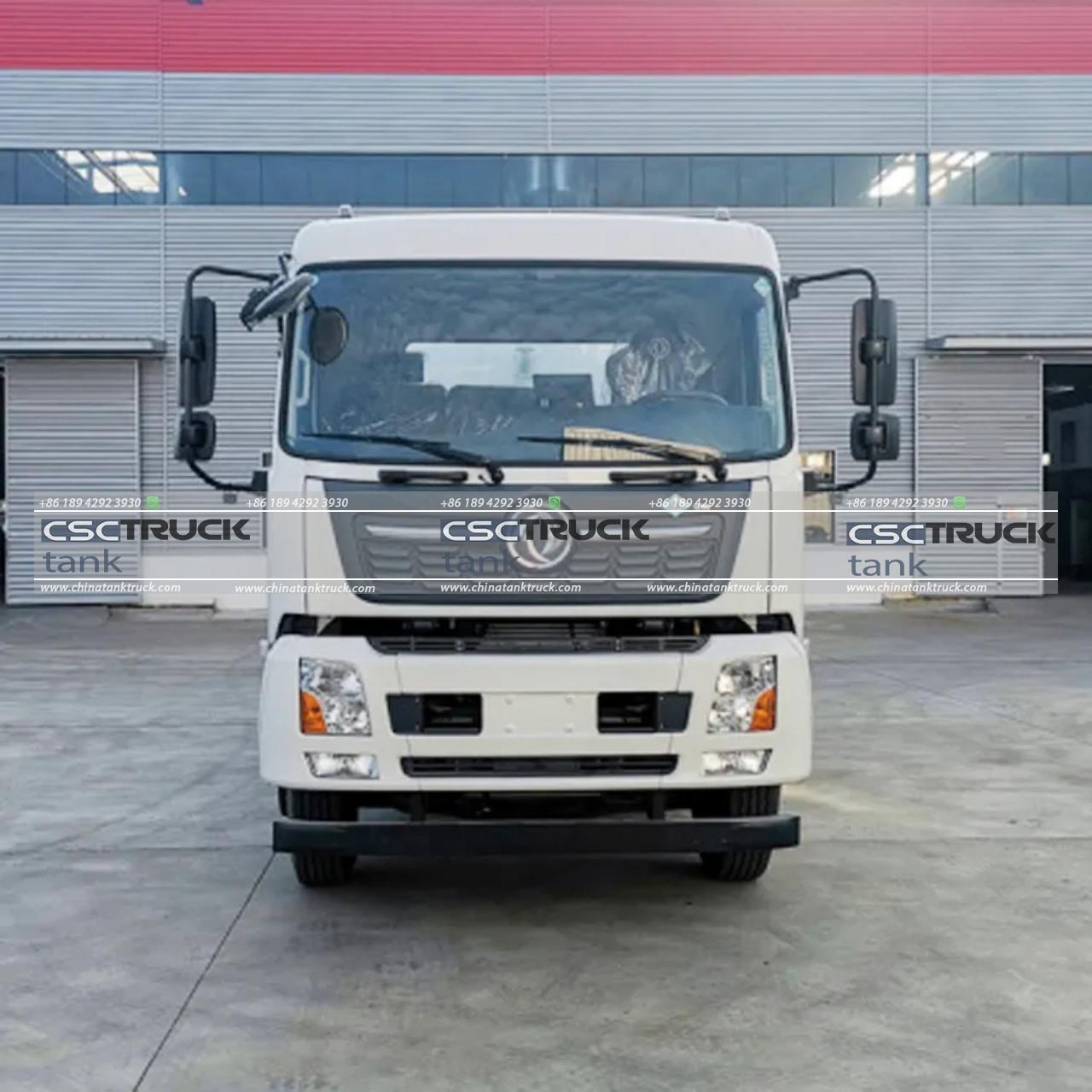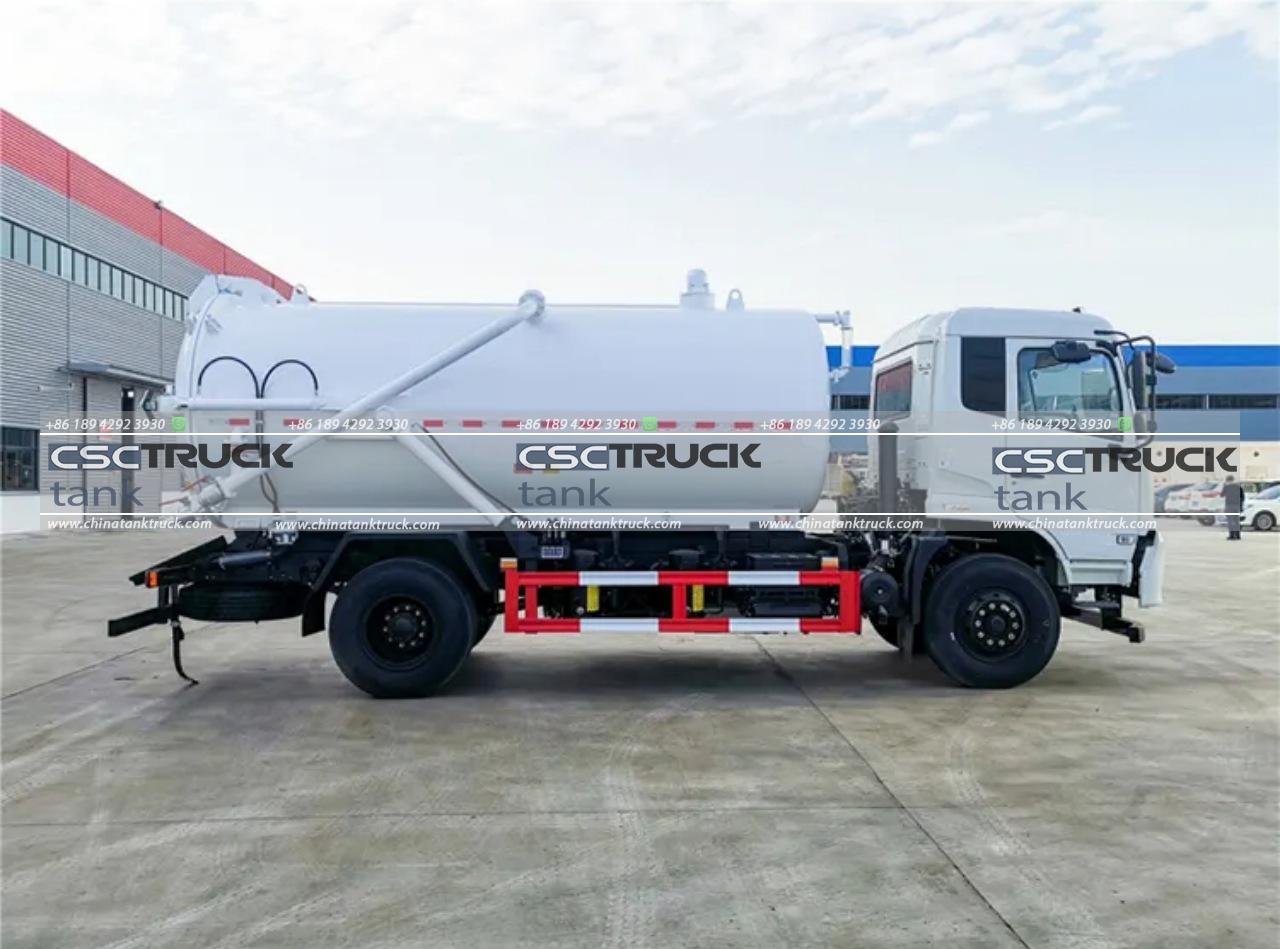What is a Tanker Truck Called?
Introduction
Tanker trucks are a crucial component of the transportation industry, tasked with the safe and efficient movement of liquids, gases, and powders. These vehicles are highly specialized and engineered to handle a wide range of materials, from fuel and chemicals to food-grade liquids and bulk powders. While the term “tanker truck” is widely recognized, the naming conventions can vary depending on the type of material being transported, the region, and the specific design features of the truck. This article will explore the different names and classifications of tanker trucks, providing a comprehensive understanding of their various applications.
General Naming Conventions
At its core, a tanker truck is a motor vehicle designed to carry liquids or gases on roads. The term “tanker” is derived from the large tank mounted on the truck’s chassis, which serves as the containment vessel for the cargo. However, tanker trucks go by many names depending on the industry, cargo type, and geographic location. Some of the most common terms include:
– Fuel Truck: Used predominantly for the transportation of gasoline, diesel, and other fuels.
– Milk Tanker: A specific type of tanker truck designed for transporting milk from dairy farms to processing plants.
– Water Tanker: Typically used for transporting water, often for drinking purposes, agricultural needs, or firefighting.
– Chemical Tanker: Built to carry hazardous materials, these trucks are equipped with safety features like specialized coatings and containment systems.
– Gas Tanker: Used for transporting liquefied gases such as propane, butane, or natural gas.
These names often reflect the cargo being carried, providing a quick reference to the truck’s purpose and capabilities.

Types of Tanker Trucks
The diversity in naming is partly due to the various types of tanker trucks available, each tailored to specific industries and materials. Here are some of the most common types:
1. Petroleum Tankers
– Also known as fuel trucks, these tankers are designed to transport petroleum products like gasoline, diesel, and jet fuel. Petroleum tankers are built with safety in mind, often featuring compartments to reduce sloshing and minimize the risk of explosion or fire. They are also equipped with vapor recovery systems to prevent harmful emissions during loading and unloading.
2. Chemical Tankers
– Chemical tankers are specialized for transporting hazardous materials, including acids, solvents, and toxic chemicals. These trucks are constructed with corrosion-resistant materials such as stainless steel or lined with specialized coatings to prevent chemical reactions. They also come with advanced safety features like pressure relief valves and emergency shut-off systems.
3. Food-Grade Tankers
– These tankers are used to transport consumable liquids such as milk, juice, and edible oils. Food-grade tankers are made from materials that are safe for food contact, like stainless steel and are designed to maintain the cleanliness and purity of the cargo. They often have insulation and refrigeration systems to keep perishable products fresh during transit.
4. LPG (Liquefied Petroleum Gas) Tankers
– LPG tankers are designed to carry liquefied gases like propane and butane. These trucks are built to withstand high pressure, as the gases are stored in liquid form under pressure. LPG tankers are equipped with safety features such as pressure relief valves, emergency shutdown systems, and robust containment structures.
5. Cryogenic Tankers
– Cryogenic tankers transport extremely low-temperature liquids, such as liquid oxygen, nitrogen, and argon. These trucks are heavily insulated and built with materials that can withstand temperatures as low as -196°C. They are used in industries like healthcare, aerospace, and manufacturing, where cryogenic liquids are essential.
6. Bulk Powder Tankers
– Also known as pneumatic tankers, these trucks transport dry bulk materials like cement, flour, and plastic pellets. They use compressed air to unload the materials, which are stored in cylindrical tanks. Bulk powder tankers are essential in industries like construction and agriculture.
Regional Variations in Naming
The name of a tanker truck can also vary depending on the region. In the United States, the term “tanker truck” is widely used, while in the United Kingdom, it is often referred to as a “road tanker” or simply a “tanker.” In Australia, these vehicles might be called “tankers” or “tanker lorries,” depending on the context. In some regions, tanker trucks are named after the specific liquid they carry, such as “milk tankers” in dairy-rich areas or “water bowsers” in arid regions where water transport is critical.

Regulations and Standards
Tanker trucks must adhere to stringent regulations and standards, which can influence their design and nomenclature. For example, in the United States, the Department of Transportation (DOT) classifies tankers based on their construction and the materials they transport. This classification system includes:
– MC306/DOT406: For non-corrosive, flammable liquids like gasoline and diesel.
– MC307/DOT407: For low-pressure, hazardous materials like chemicals.
– MC312/DOT412: For corrosive liquids like acids.
– MC331: For high-pressure gases like propane and ammonia.
– MC338: For cryogenic liquids.
Each classification corresponds to specific design and safety requirements, ensuring that the tanker truck is suitable for its intended cargo. These classifications are often used in the industry to refer to the tankers, adding another layer to the naming conventions.
Conclusion
The term “tanker truck” encompasses a wide variety of vehicles designed for the transportation of liquids, gases, and powders. The specific name of a tanker truck often reflects the type of cargo it carries, the industry it serves, and the region in which it operates. From fuel trucks and milk tankers to chemical tankers and cryogenic transporters, these vehicles are essential for moving vital materials across distances safely and efficiently. Understanding the different names and types of tanker trucks not only highlights their importance but also underscores the complexity of the logistics and transportation industries.


